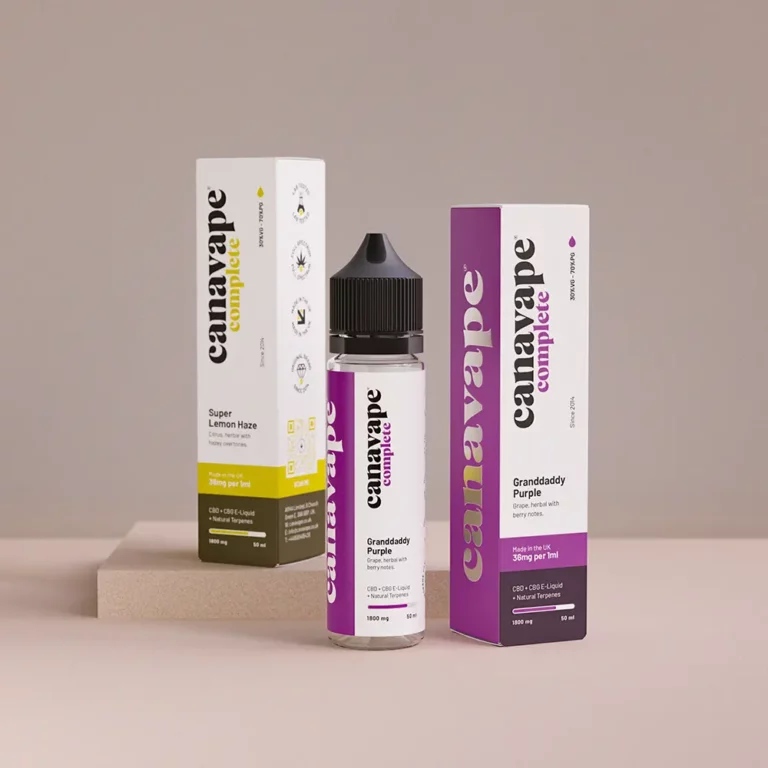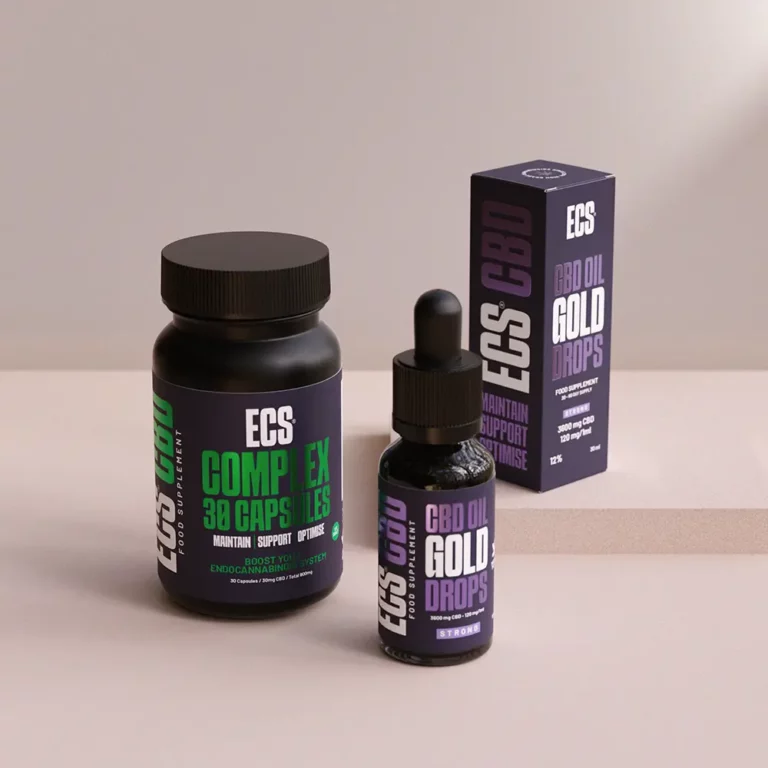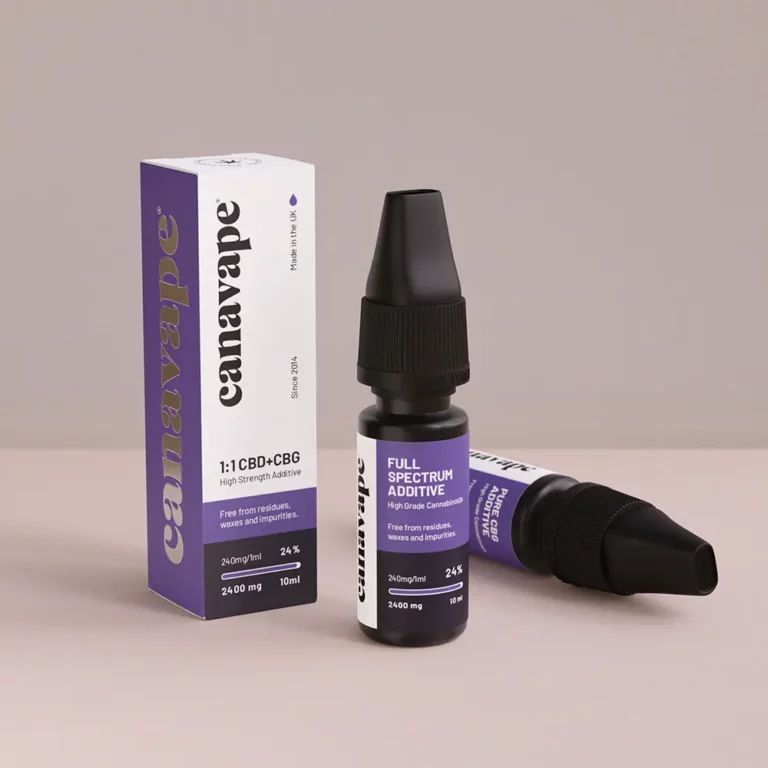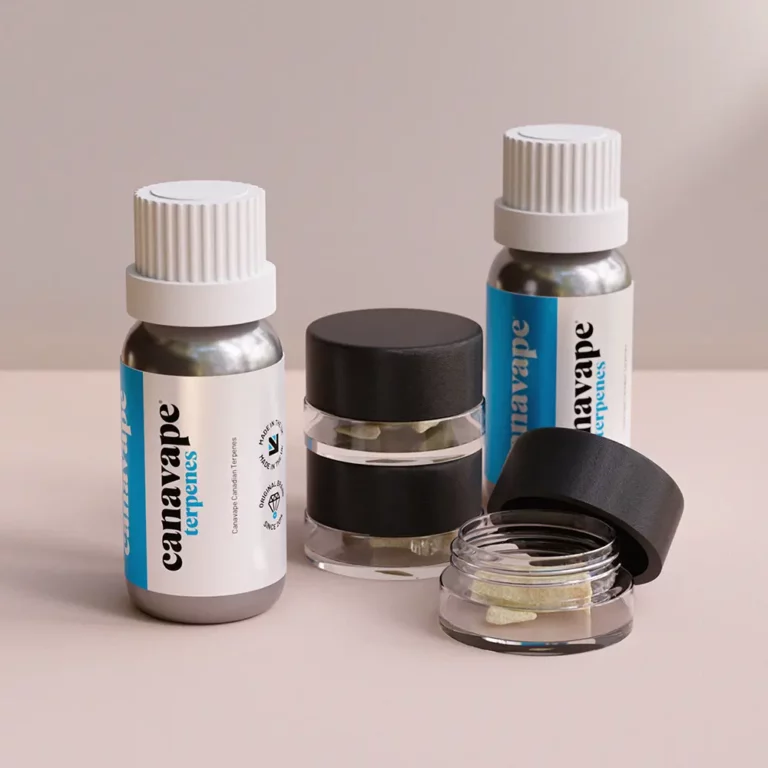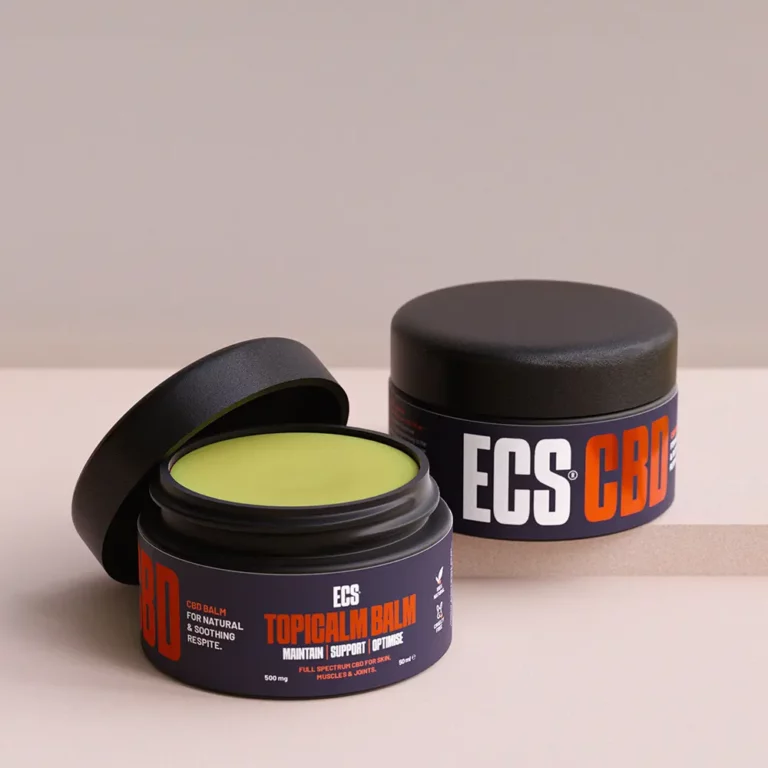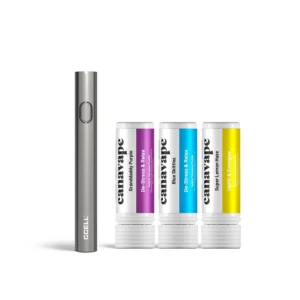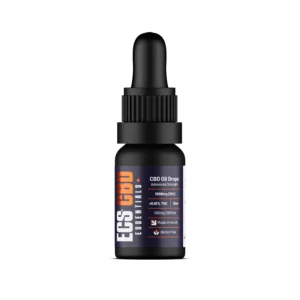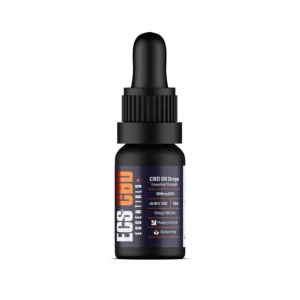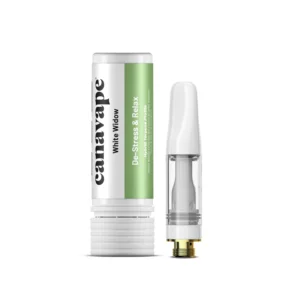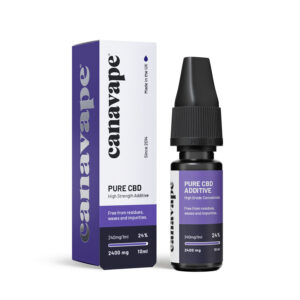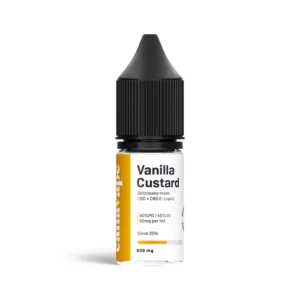Diverticulitis is a condition characterized by the inflammation or infection of small pouches, called diverticula, that develop along the walls of the digestive tract, usually in the colon. This condition can cause various uncomfortable symptoms such as abdominal pain, bloating, constipation, and diarrhea. While there is no cure for diverticulitis, treatment typically involves managing symptoms and preventing complications.
Recently, there has been growing interest in the potential benefits of CBD oil for managing various health conditions, including digestive disorders like diverticulitis. CBD, or cannabidiol, is a natural compound derived from the cannabis plant that has gained popularity for its potential therapeutic properties.
Although research on the specific effects of CBD oil on diverticulitis is limited, CBD has shown promise in addressing some of the symptoms associated with the condition.
Anti-inflammatory Properties of CBD Oil
One of the key principles behind CBD’s potential benefits for diverticulitis is its ability to reduce inflammation in the body. Inflammation plays a significant role in the development and progression of diverticulitis, and CBD has been shown to possess anti-inflammatory properties.
Studies have suggested that CBD interacts with the body’s endocannabinoid system, a complex network of receptors and chemicals that help regulate various bodily functions, including inflammation. By activating certain receptors in this system, CBD may help reduce inflammation and alleviate symptoms associated with diverticulitis.
Pain Relief and Digestive Support
Another potential benefit of CBD oil for diverticulitis is its ability to provide pain relief. Abdominal pain is a common symptom of diverticulitis, and CBD has been shown to have analgesic properties, meaning it may help reduce pain sensations.
In addition to pain relief, CBD oil may also provide digestive support. CBD has been found to interact with receptors in the gastrointestinal tract, which may help regulate digestive processes and promote overall gut health. This could potentially benefit individuals with diverticulitis by reducing symptoms such as bloating, constipation, and diarrhea.
Stress and Anxiety Management
Stress and anxiety can exacerbate symptoms of diverticulitis and contribute to flare-ups. CBD oil has been studied for its potential anxiolytic properties, meaning it may help reduce feelings of stress and anxiety.
By interacting with receptors in the brain that regulate mood and emotions, CBD may promote a sense of calmness and relaxation. This could potentially benefit individuals with diverticulitis by helping them manage stress levels and potentially reduce the frequency or severity of flare-ups.
Conclusion
While CBD oil shows promise in addressing symptoms associated with diverticulitis, it is important to note that more research is needed to fully understand its effects on the condition. It is always recommended to consult with a healthcare professional before incorporating CBD oil or any other supplement into your treatment plan.
Furthermore, it is essential to choose high-quality CBD products from reputable manufacturers to ensure safety and efficacy. Look for products that are third-party tested for purity and potency.
In summary, CBD oil may offer potential benefits for individuals with diverticulitis by reducing inflammation, providing pain relief, supporting digestive health, and managing stress and anxiety. However, further research is needed to validate these claims, and it is important to seek professional medical advice before using CBD oil as a treatment option for diverticulitis.

